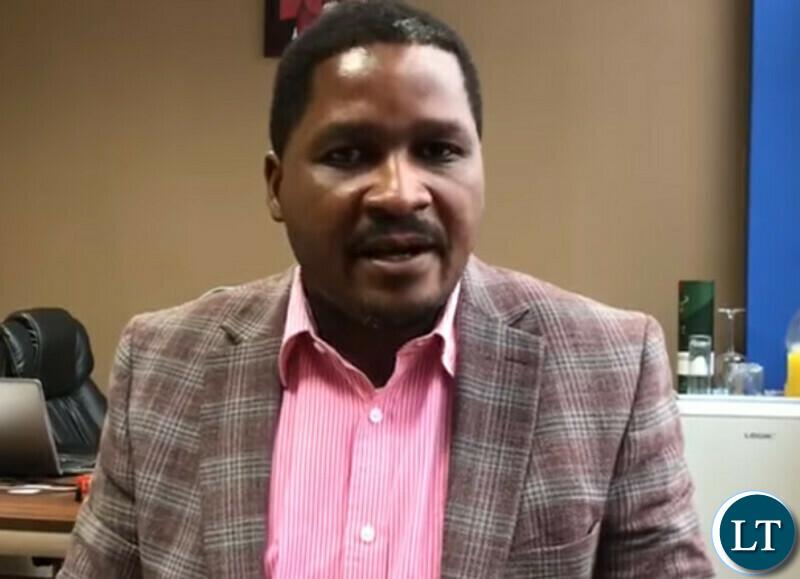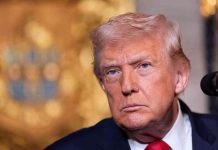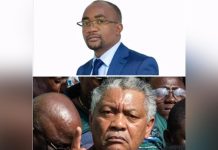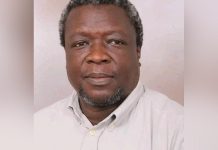Africa-Press – Zambia. Last week, President Hakainde Hichilema announced the abolishment of section 69 of the Penal Code Act, which concerns criminal defamation of the President.
This move was met with applause from some members of civil society, who argue that the law has been used by various regimes in the past to stifle freedom of expression and suppress dissent. However, Sean Tembo, President of the People’s Party (PeP), has raised doubts about the sincerity of the President’s decision to repeal this law.
In a press statement, Mr Tembo argued that it is not particular laws that restrict citizens’ fundamental freedoms and liberties, but rather the willingness of successive regimes to abuse these laws to suppress these freedoms.
He pointed to the recent use of the Cyber Security and Cyber Crimes Act No. 2 of 2021 to charge individuals with hate speech against the President, rather than criminal defamation. Mr Tembo claimed that he himself was charged under this Act after being held incommunicado by the police for six days.
He argued that the arrest was designed to intimidate him and discourage criticism of the President and that the prolonged detention was intended to inflict extra-judicial punishment. Mr.
Tembo went on to argue that the repeal of the defamation law and the proposed amendment to the Public Order Act will actually give President Hichilema more scope to restrict the liberties and freedoms of the Zambian people.
He explained that these repressive laws have been in place for a long time and have been abused by successive regimes to target political opponents. As a result, they have been thoroughly litigated and their implications are well understood.
By repealing these laws, Tembo claimed, the President will be able to use less well-known laws, or even executive orders, to suppress dissent and criticism. Mr.
Tembo argued that the root cause of the suppression of freedom of expression in Zambia is the regime’s appetite for using the law to stifle its citizens’ liberties and freedoms.
Unless this appetite is addressed, he said, the repeal of any particular law will be largely symbolic and will not result in a meaningful improvement in democracy in the country.
Instead of announcing the repeal of the defamation law, Mr. Tembo called on the President to announce the repeal of his regime’s appetite to use lawfare to suppress the liberties and freedoms of citizens.
While some members of civil society have welcomed the repeal of the defamation law as a positive step for democracy in Zambia, Mr. Tembo’s statement raises important questions about the real impact of this decision.
Without addressing the underlying reasons for the suppression of freedom of expression in the country, it is possible that the repeal of this law could merely be a superficial change, rather than a genuine improvement in the protection of citizens’ rights.
It remains to be seen whether President Hichilema will take action to address the root causes of this issue, or whether the repeal of the defamation law will be a largely symbolic gesture.
For More News And Analysis About Zambia Follow Africa-Press







